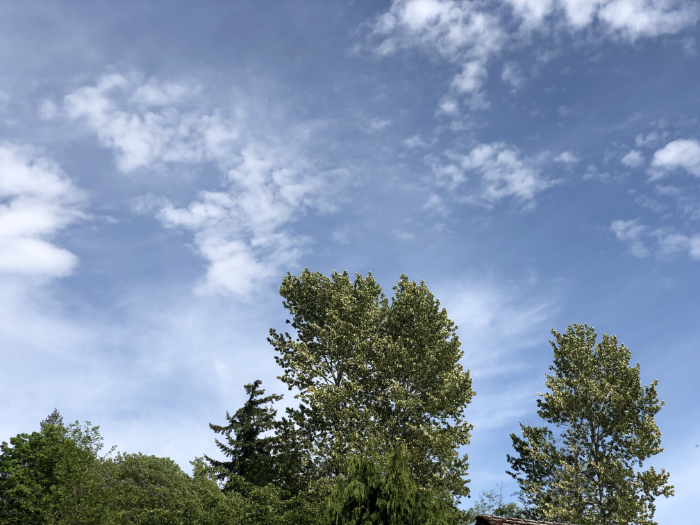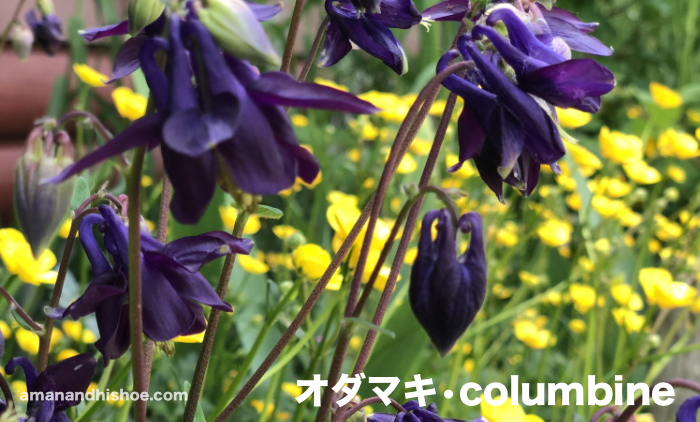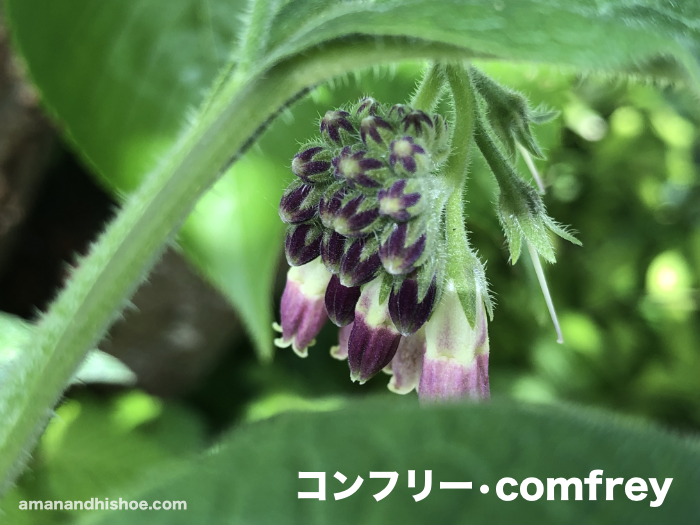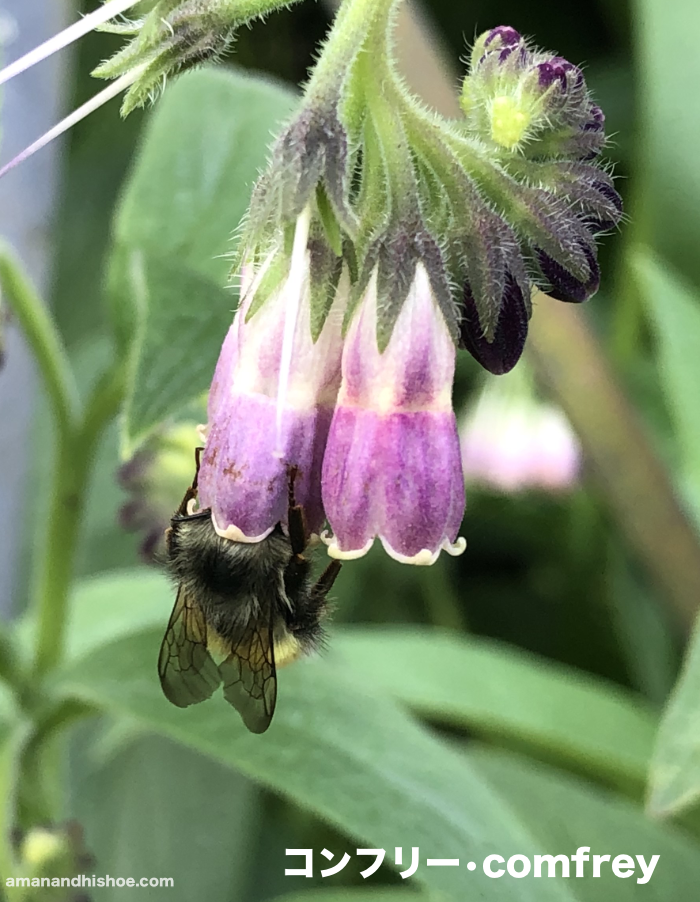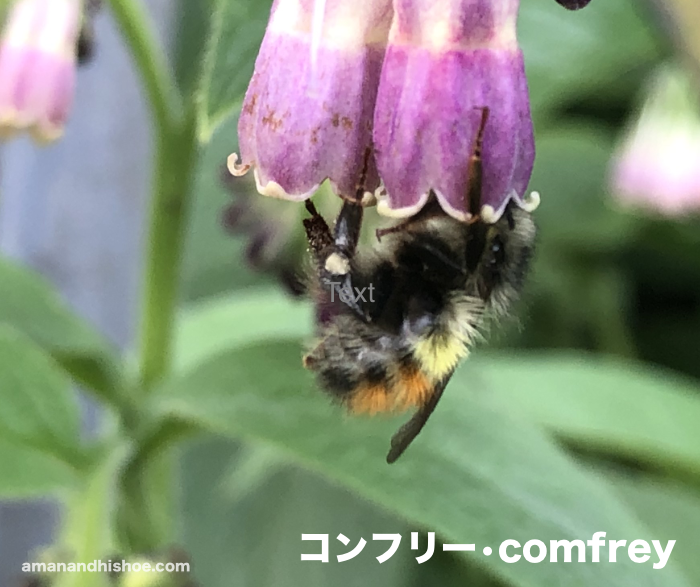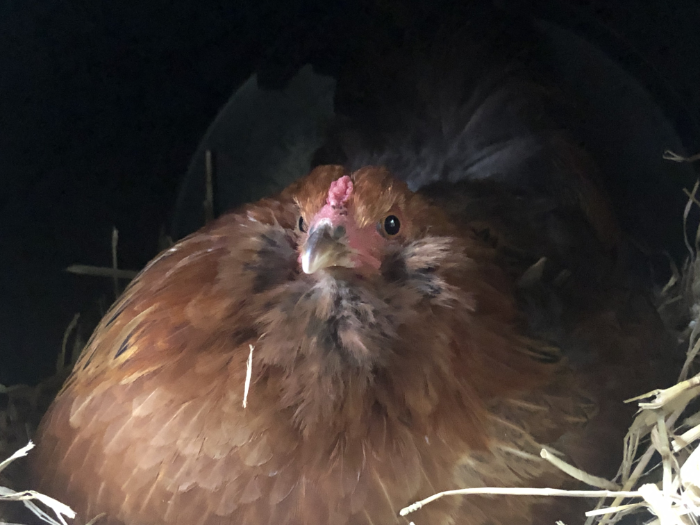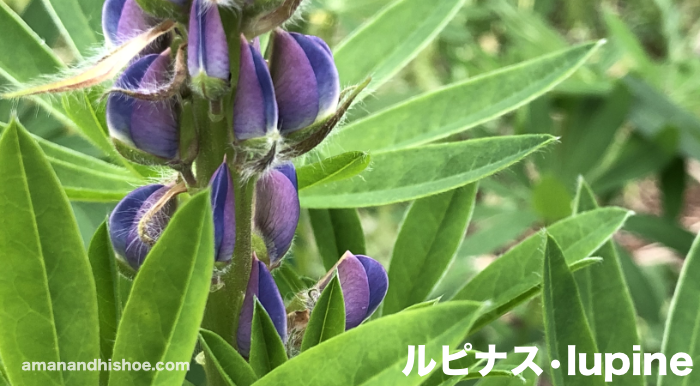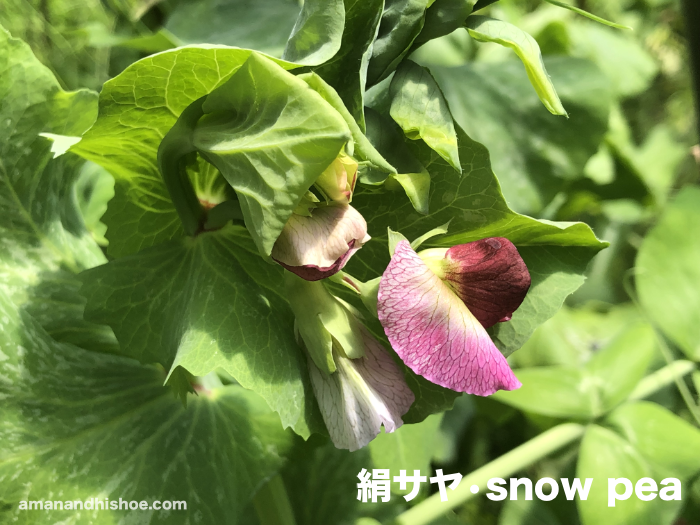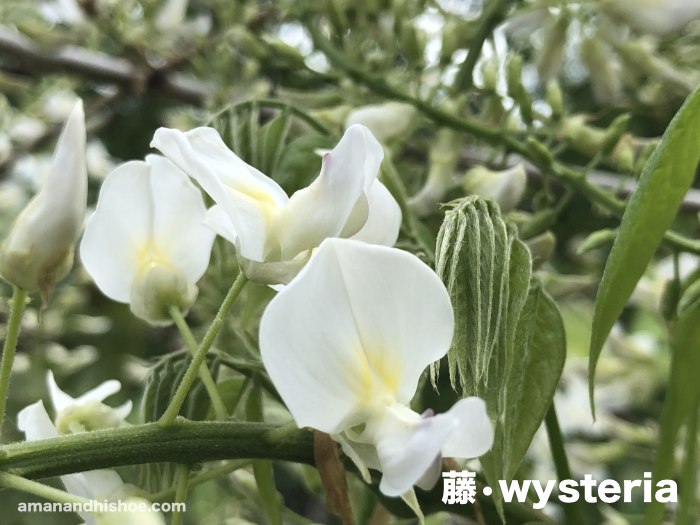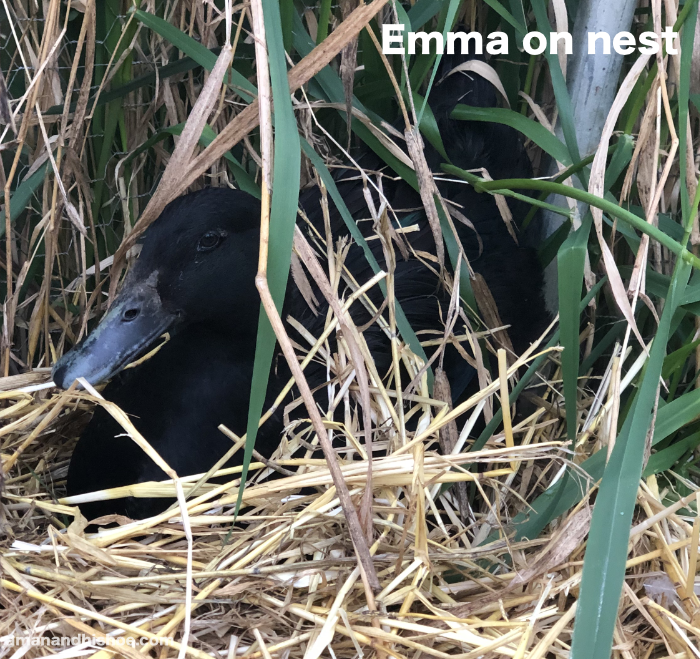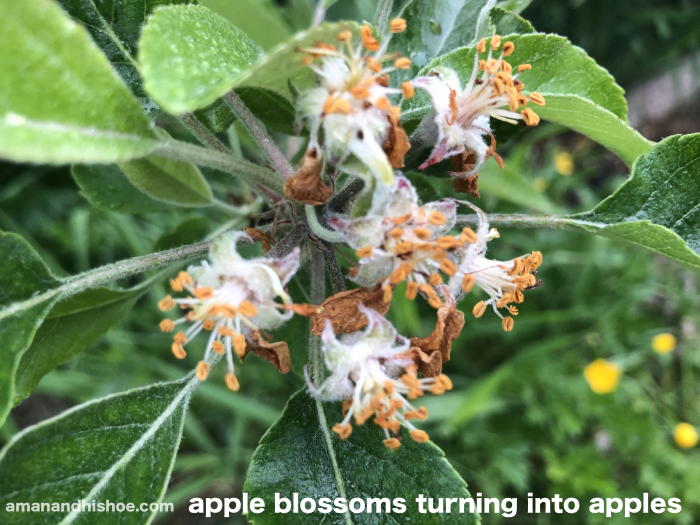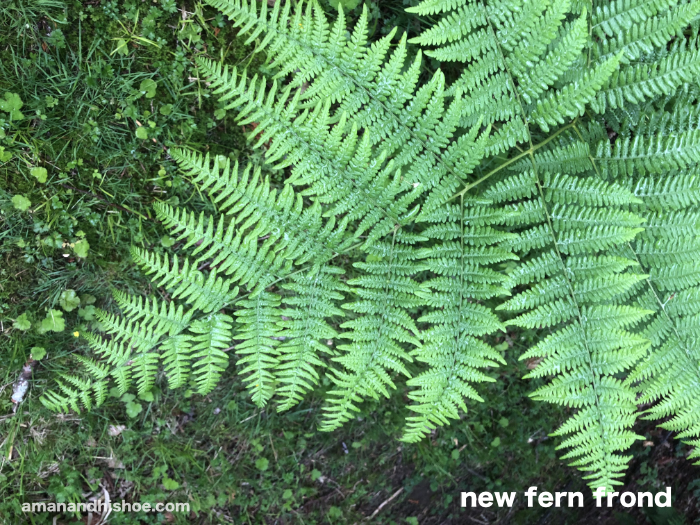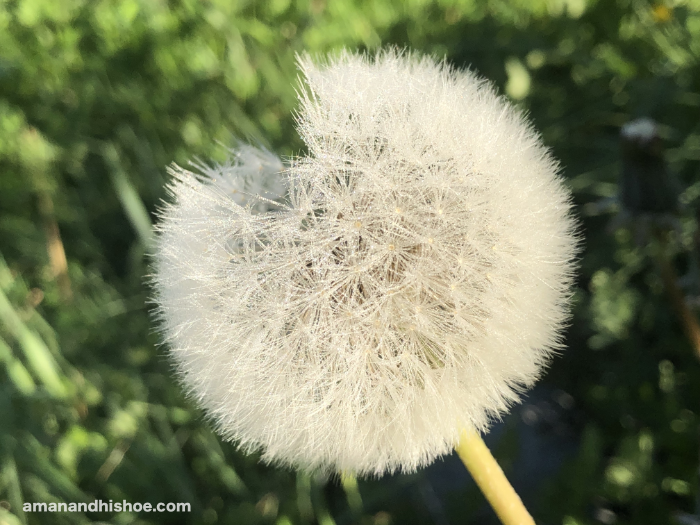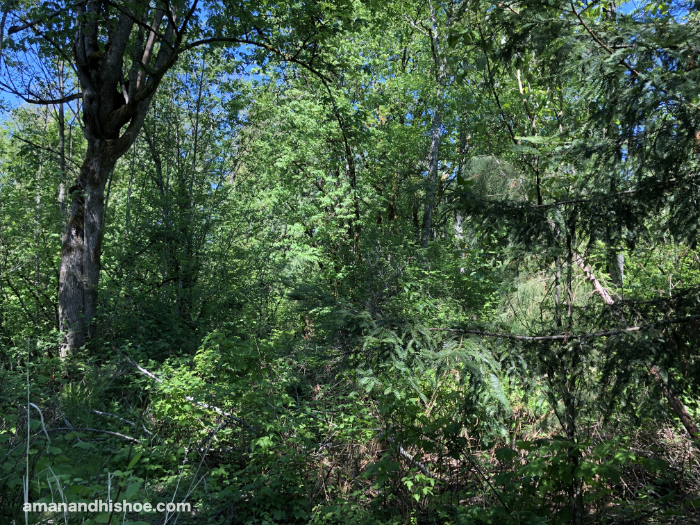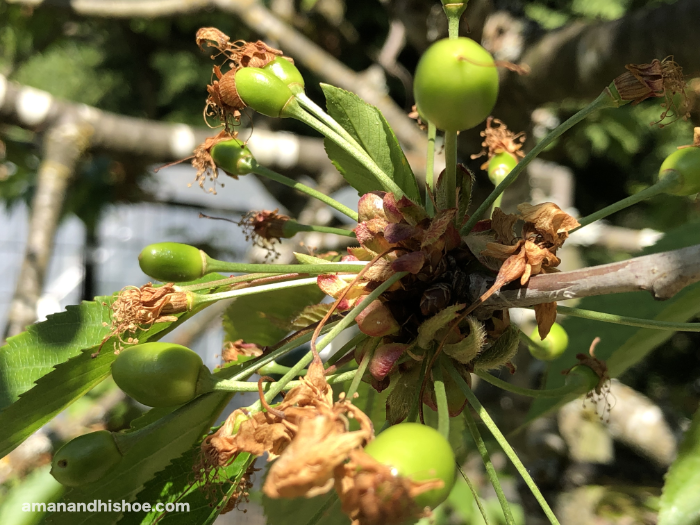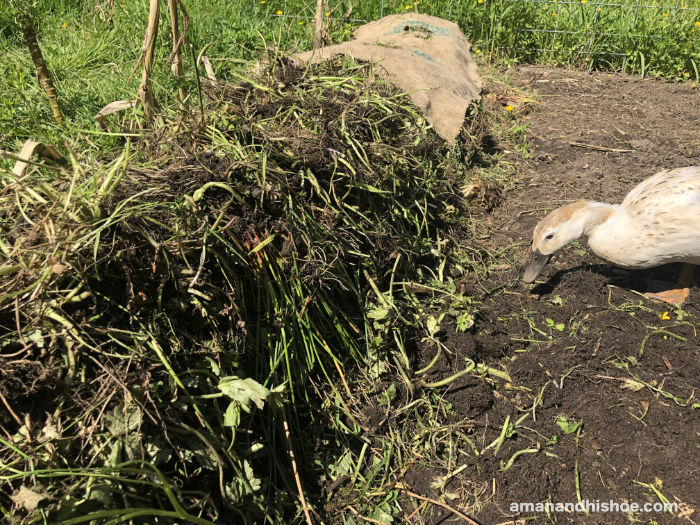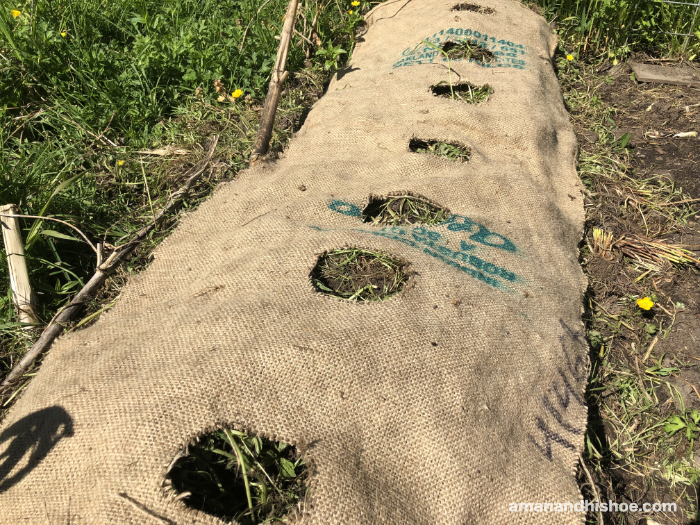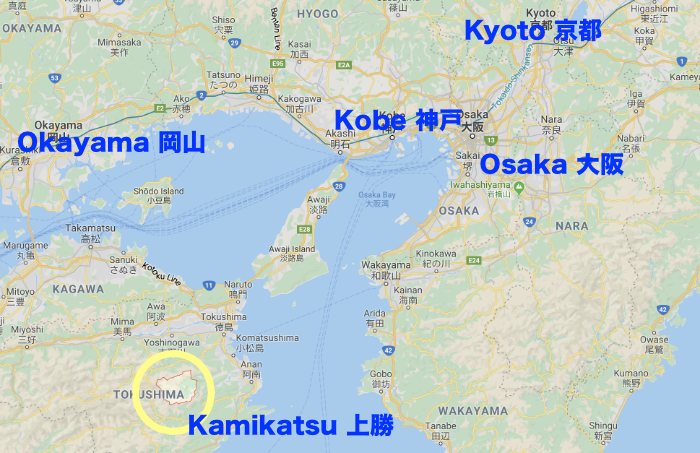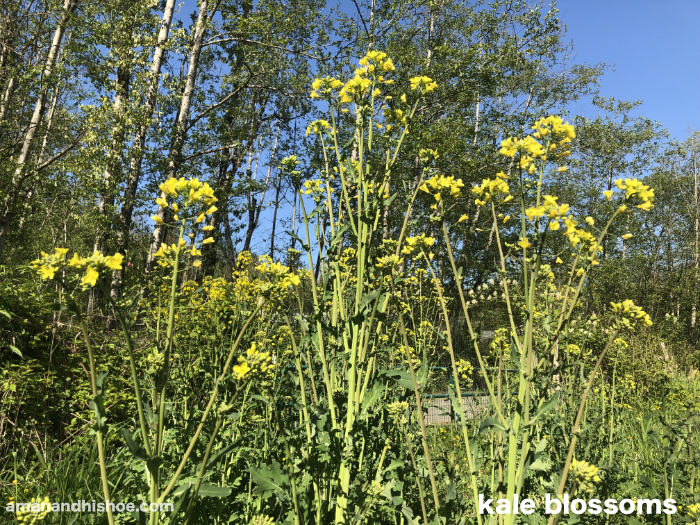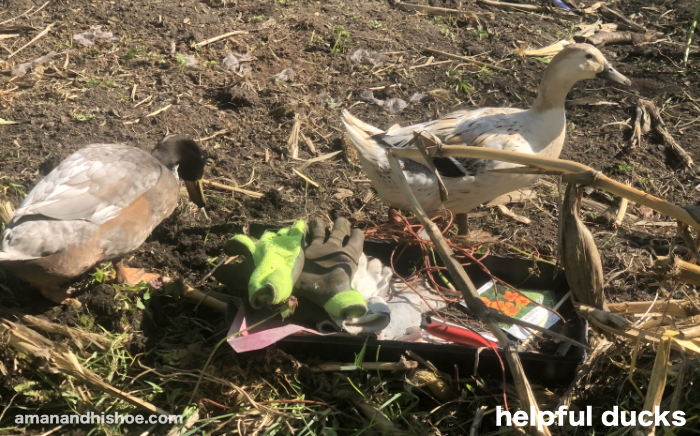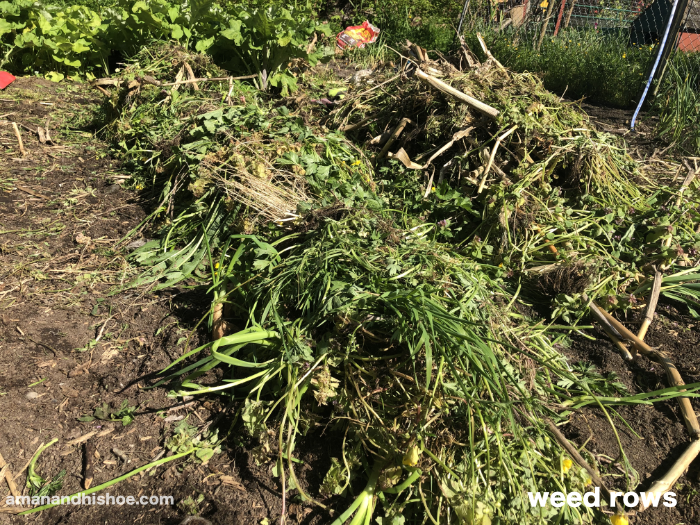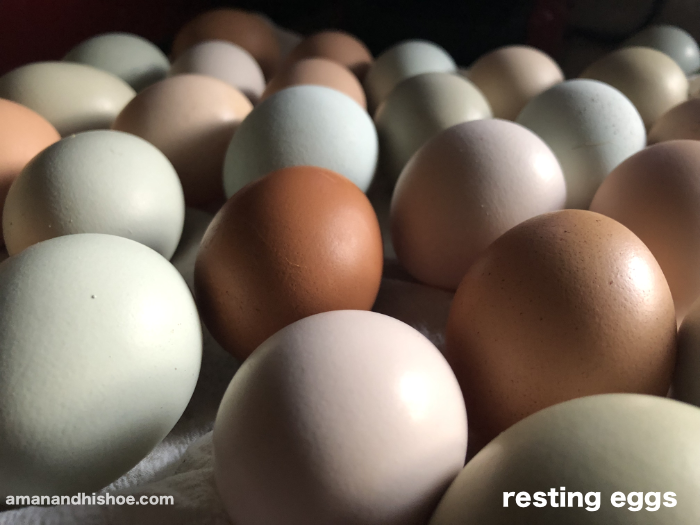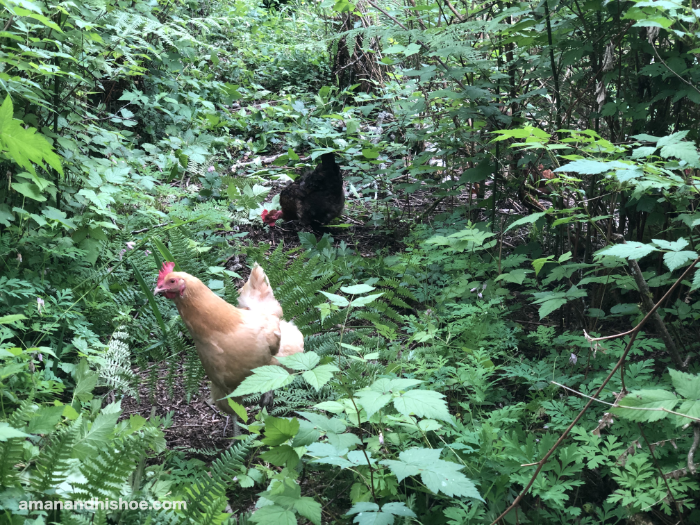
We are past the days of new green. The only tree that hasn’t leafed out and settle in for the summer is the mimosa. The chickens spend hours exploring the lush forest floor.
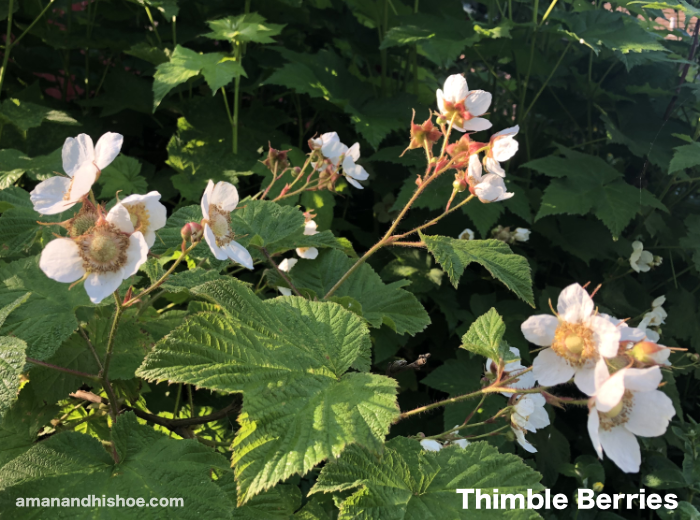
Soon, bright red thimble berries will be right for eating off the stem. From petal fall to sweet ripeness happens quickly. All it takes is a few weeks of bright sunshine.
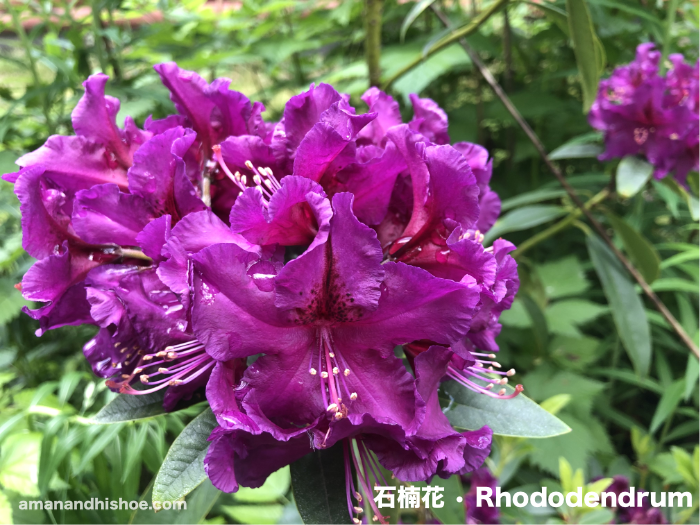
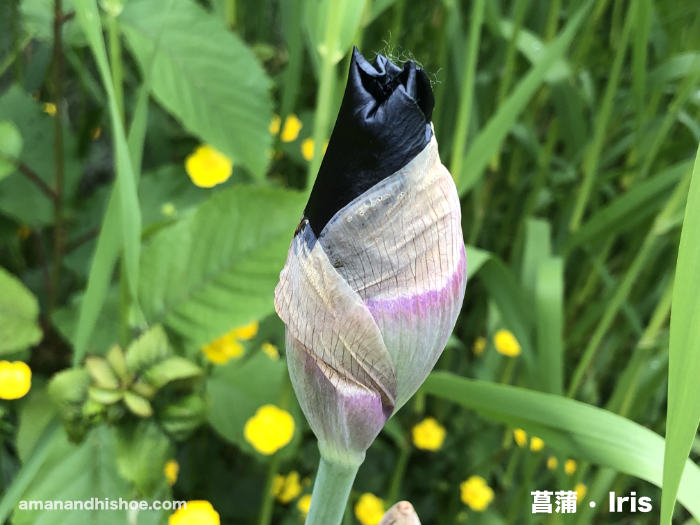
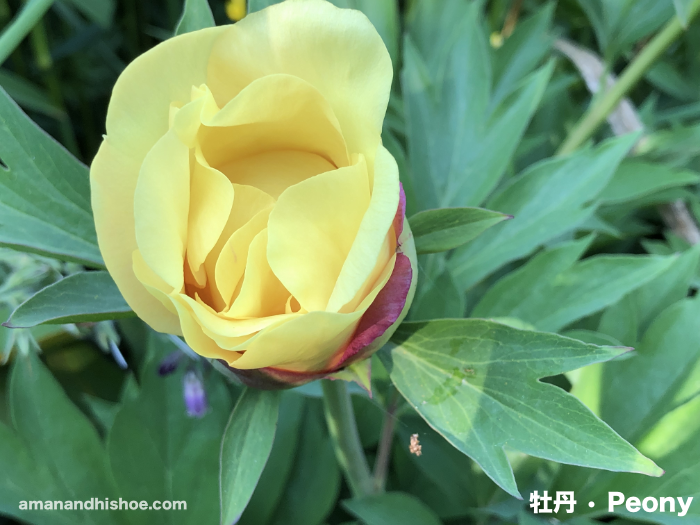
The scent of peonies wafts through the garden. The white ones are as glorious as thunderheads rising above the mountains.
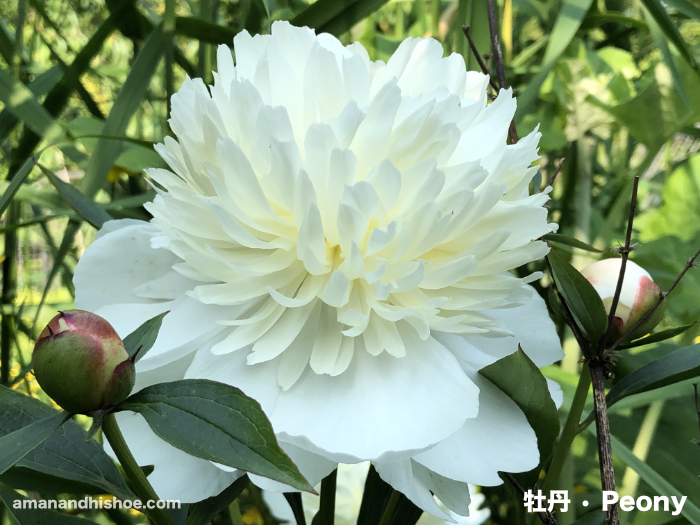
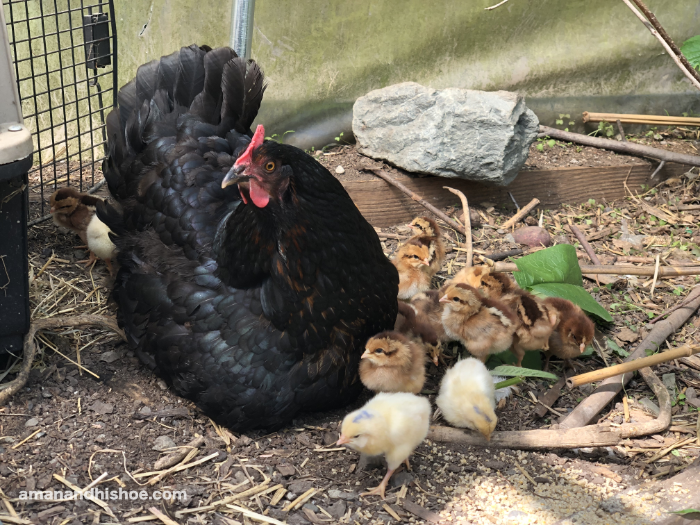
A few weeks ago I was concerned that I didn’t have any brooding hens yet. I even borrowed this broody black hen to mother a clutch of Welsummer chicks I ordered. This week, four of my hens have gone broody. I will have plenty of mother hens to raise many chicks.
The brown chicks are Welsummers. The light ones are Redstar roosters the hatchery added to keep the Welsummers warm on their two day journey here. Though, since I ordered 18 of the Welsummer chicks, it is more likely the hatchery added the Redstars to get rid of them. Oh, well, it is what it is. Summer is no time to be upset, not with peonies in bloom.
